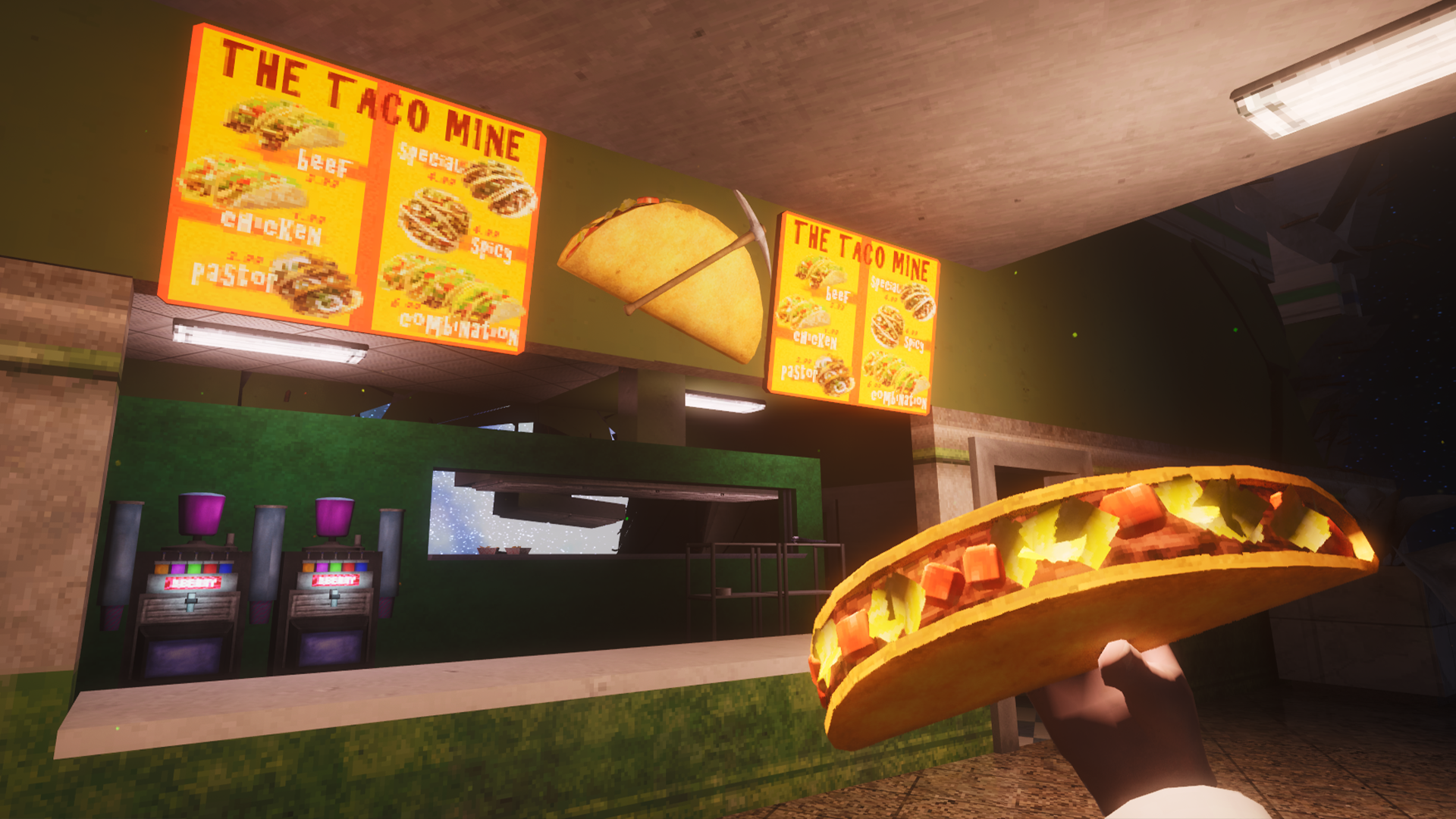
The English will premiere on Prime Video in the U.S., and on BBC Two in the U.K., on Nov. 11.
The violent intentions are clear from the cold open of Episode 1 in Hugo Blick’s latest small-screen endeavor, The English. In Nebraska, sweaty, white soldiers murder an indigenous man for harming one of their own and argue whether to deliver the same bloody fate to his wife and daughter. That is until cavalry sergeant Eli Whipp (Chaske Spencer) pulls up on a horse from above to prevent further carnage. But he is no white man; he is a Pawnee scout whose high-ranking position in the U.S. army introduces the outsider conflict he will face throughout this series: both a traitor to some Native people and a second-class citizen to the white colonizers. Right away, it’s an intriguing set-up, putting a fresh twist on the traditional Western.
As one fellow soldier remarks, “out there you’re one of them,” Eli is met with this harsh truth almost immediately as he hopes to make good on a legal clause for Native soldiers which will allow him to claim a small bit of American soil for his military service. Spencer brilliantly embodies the type of handsome reluctant hero we’ve grown accustomed to in this genre. Wearing his military regalia with his traditional Pawnee adornments, there’s a quiet, defiant power in the way he fills the widescreen as a stoic man whose past traumas are etched into the very fabric of his being. Spencer says so much with his eyes, a frown or a smirk. The few words he does utter are delivered with such a deep, warm drawl that if you close your eyes, you might think it was a young Sam Elliott.
Whipp makes for a sharp contrast with Emily Blunt’s Lady Cornelia Locke, an aristocratic Englishwoman whose initial frivolous attire couldn’t be more at odds with the dusty rural setting she finds herself in. There’s a fish-out-of-water charm to her bereaved mother determined to exact revenge on the man she believes is responsible for her child’s death. Yet she doesn’t quite have the wherewithal to navigate a land full of “killers and thieves” without help which leads to a fruitful odd couple pairing with Spencer as their paths collide on the way to Wyoming. Their meet-cute is brutal and the casting of Ciaran Hinds and Toby Jones in the first episode brings gravitas to the morally questionable archetypes they embody. Hinds is utterly chilling, especially in a squirmish dining scene involving “prairie oysters” and Blunt who holds her own against the formidable adversary. Cornelia is resilient, not to be underestimated and Blick has done well to write a female character whose survival abilities and personality are both relatable and realistic for the time. Her references to this new practice of astrology and Pocahontas make for some fun jokes that bring some light to what can be an extremely violent and darkly harrowing story. When she does take a life, she cries and that sort of vulnerability is refreshing to see, where emotions are not treated as a weakness but an acceptable response to a traumatic event.
The first episode aptly establishes the stakes, character intentions, and the heightened landscape of the series. There’s a clear reverence for the Golden Age of Westerns and its reliance on visuals more than dialogue. Cinematographer Arnau Valls Colomer assuredly frames screen-filling vistas of wheat-filled plains, golden canyons, and green pastures with textured lighting as well as cowboy shots and extreme close-ups of guns and eyes edited with tense precision when a fight is about to break out. Federico Jusid’s sprawling score takes its epic cues from Spaghetti Western classics with rock metal inflections in the opening credits but the romantic musical overtures often overpower the patient chemistry building between the leads. We get it, love is brewing!
Entering Episode 2, Whipp and Locke are confronted by a host of ambiguous characters that outline nearly every step forward with an anxious edge on their road towards justice and fulfillment. Here, the political, social, and cultural implications of Manifest Destiny also provide rich thematic material for the various indigenous and immigrant people to navigate. Significant animosity is established between Tom Hughes’ villainous English landowner Thomas Trafford and Stephen Rea’s Irish U.S. Marshall in Cane County leaving a real sense of intrigue in how that conflict will develop. The series so far lives up to its name in an unapologetic examination of Imperialist powers, class, and race spread to the so-called “New World” but finely attuned to presenting the diverse reality of the indigenous people beyond the genre’s historically reductive, monolithic stereotypes. The English showcases phenomenal production value, great casting, and reflective writing which, so far, provides intense and enlightening entertainment that leaves you eager to see what further drama these rare kinds of hero might be heading towards.






